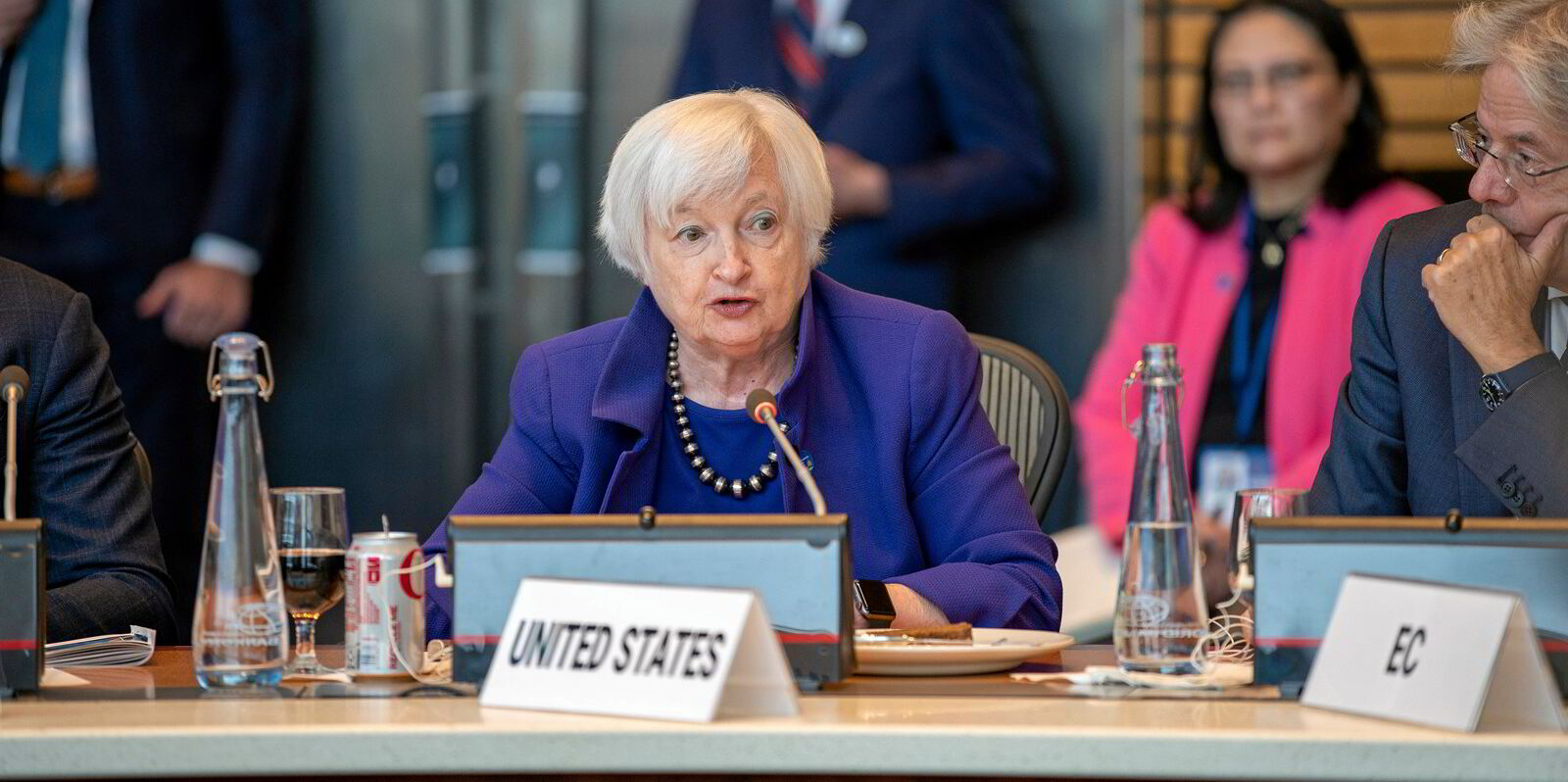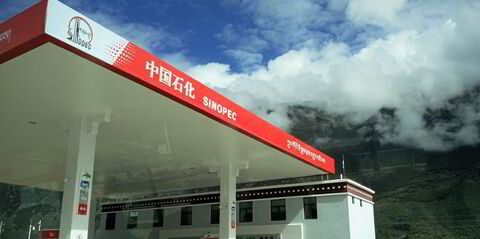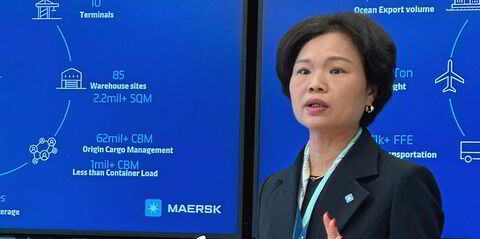The latest US sanctions could add pressure on Iran’s petrochemical sector, legal experts said.
The announcement by the US Treasury and State departments that the government would expand sanctions also signals that Washington is increasing its attention on Iran, Blank Rome lawyer Matthew Thomas said.
TradeWinds reported on Friday that the Biden administration announced an expansion of sanctions on Iran’s petroleum and petrochemicals sector, as it added 23 ships to its list of blocked vessels.
Thomas, a Washington DC-based lawyer who focuses on international trade and maritime regulation, told TradeWinds that the US government had already placed Iran’s petroleum sector under the umbrella of its sanctions regime.
But the situation is different for petrochemicals, which include cargoes carried by chemical and product tankers as well as LPG carriers.
“They might bring a little bit of new authority to the table when it comes to comes to petrochemicals,” Thomas said of the new sanctions. “It throws an industry-wide designation over that whole sector.”
Iran’s chemicals and LPG shipments have increasingly been on Washington’s radar.
Thomas said the biggest impact of the announcement was signalling that the Biden administration intends to continue ramping up sanctions on Iran by adding more and more companies and vessels to its sanctions blacklist.
Spoofing and more
Industry players dealing in Iranian cargoes are improving their methods of avoiding detection.
“The level of sophistication of sanctions evasion just continues to escalate,” he said, noting the use of location spoofing in crowded shipping corridors and other ways to mask the movements of Iranian cargoes.

“The government is ramping up its efforts to detect that sort of thing.”
Friday’s sanctions announcement drew condemnation from Iran. Foreign ministry spokesman Esmail Baghaei described it as “illegal and unjustified” and threatened a response, according to Agence France-Presse.
Those who would like to see Washington take a tougher stance on Iran offered qualified praise.
Claire Jungman, chief of staff at United Against Nuclear Iran, applauded the sanctions announcement.
“But these steps should have come years ago,” she said on X. “These vessels are notorious offenders, transporting millions of barrels of oil for Iran.”
She wrote that of the 23 vessels, seven were laden with Iranian oil at the time of the sanctions announcement.
The 159,100-dwt suezmax tanker Aventus I (built 2004) was even waiting off Qingdao, China to unload its cargo.
“We expect these sanctions to delay deliveries and add tremendous costs to Iran,” Jungman wrote.
Cargo delivered
As if to highlight the challenges of stemming Beijing’s hunger for Iranian oil, vessel tracking data reviewed by TradeWinds shows that the Aventus I departed Chinese waters early on Saturday. It was in ballast, suggesting it had offloaded its cargo at Qingdao.
Although the Treasury Department couched its latest move as a reaction to Iran’s 1 October missile attack on Israel, some Biden critics had urged the administration to implement the Stop Harboring Iranian Petroleum Act to sanction foreign persons involved in Iran’s petroleum sector.

The legislation, also known as the SHIP Act, became law in April.
But Thomas said Friday’s Treasury announcement, which described the new sanctions as “in the spirit of” the SHIP Act, was a signal that the administration and Congress are on the same page.
“They [the administration] will always exercise their discretion, their foreign policy power, when choosing targets,” he said.
“But they’re showing Congress and showing the public that the administration also is … really keyed in on petroleum and petrochemicals, and is looking for and working up targets in that space.”
Read more
- US expands sanctions on Iran after attack on Israel and goes after country’s ‘ghost fleet’
- ‘Illicit shipping Syrian magnate’ in US sights as new sanctions take aim at Hezbollah and Iran
- How Western shipowners are profiting from the rise of Putin’s shadow fleet
- US targets Hezbollah by slapping sanctions on pair of LPG carriers
- US sanctions array of ships for carrying Iran’s ‘lethal aid’ to Russia





